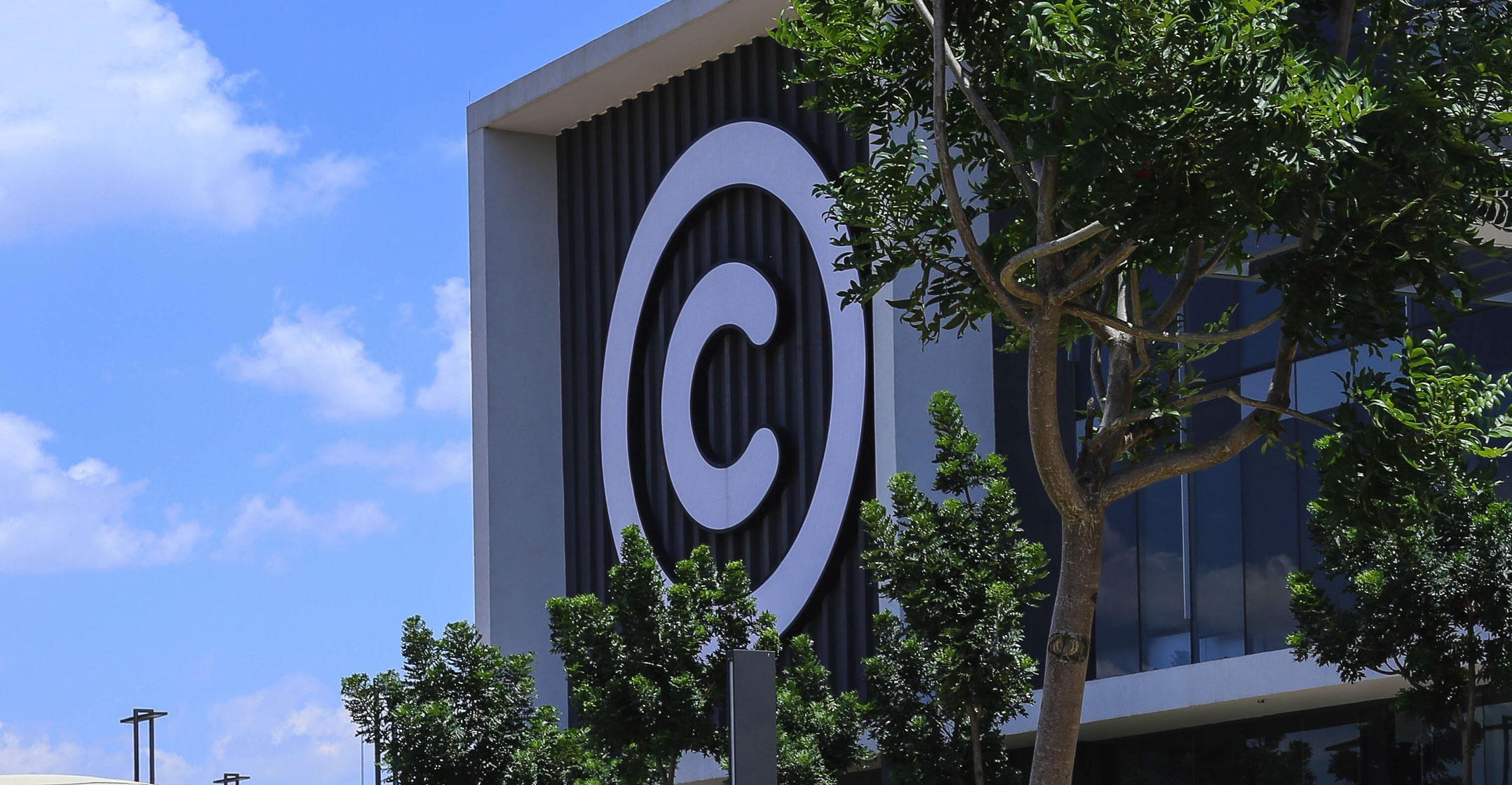
Cell C reported a net loss after tax of more than R8-billion in the 12-month period ended 31 May 2019, compared to a loss of R656-million for the previous comparable period, as the mobile operator battles its own internal cost problems and a weak economy.
The net loss after tax includes impairments to the value of R6.3-billion after Cell C performed an annual impairment test on the carrying value of the property, plant, equipment and intangible assets during the period.
“The impairment was calculated at the higher of fair value less cost to sell or the value in use,” the company said. “It should be noted that future impairment assessments may result in the reversal of impairments recognised in this period.”
In a statement, Cell C chief financial officer Zaf Mahomed said the financial performance for the past year up to May 2019 was “below expectations”.
“The 2019 financial year has been characterised by slow growth, a volatile rand against major currencies, service issues relating to load shedding and a continuing slowdown in the economy, which resulted in a decline in GDP in the first quarter of 2019,” Mahomed said. “Consumer purchasing power has weakened, which together with reduced disposable income contributed to a lower than expected financial performance of the company.”
One positive is that revenue continues to grow despite the poor bottom-line performance.
Total revenue of R15,4-billion (+1%) increased year on year mainly due to growth in the contract (+6%), broadband (+20%) and wholesale (+14%) segments. However, the performance was offset by the decline in prepaid revenue (-1%) due to a decline in the prepaid customer base (-4%) and a decline in equipment revenue (-25%) due to an increase in subsidies driven by the market.
Subscribers numbers fall
There was a slight drop in total subscribers by 2% to 15.9 million while the average revenue per user (Arpu) of contract customers increased by 11% to R253.
“Cell C has taken active steps to reduce its focus on pure revenue and subscriber growth to focus on profitable, long-term growth in prepaid and contract segments.”
Cost-cutting initiatives are not reflected in the latest numbers, Cell C said. Direct expenditure increased by 11%, mainly as a result of an increase in roaming costs. The roaming agreement with MTN South Africa was finalised in August 2018, which contributed 32% of the direct costs incurred. The lower-than-expected revenue and the unexpected increase in roaming costs pushed Cell C’s annual gross margin down by 5%.
 Earnings before interest, tax, depreciation and amortisation was 19% lower at R3.4-billion (2018: R4.2-billion). Net finance costs were down by 44% to R2.2-billion, mainly as a result of the lower finance costs on long-term debt and a reduction in forex losses.
Earnings before interest, tax, depreciation and amortisation was 19% lower at R3.4-billion (2018: R4.2-billion). Net finance costs were down by 44% to R2.2-billion, mainly as a result of the lower finance costs on long-term debt and a reduction in forex losses.
Net debt, excluding finance leases, increased from R7.4-billion to R8.2-billion, which was driven by increased capital expenditure and working capital drawdown facilities.
“Networks will be a utility in the future with one or two mobile infrastructure providers per country and it does not make economic sense to overbuild on basic infrastructure,” Mahomed said. “Against this background, we are in negotiations for an extended roaming agreement which will enable Cell C to manage its network capacity requirements in a more scalable and cost-efficient manner. This will also provide access to current and future technologies.”
The company insisted it is “on the road to recovery”, with an 18% increase in Ebitda in the three months to August 2019.
The last quarter — post its annual reporting period — shows that its service revenue, also known as customer spend, improved during the last three months leading up to August 2019 at R3.7-billion for the quarter. :The impact of management’s focused approach on operational efficiencies reflected an improved operating margin and stronger Ebitda at R1-billion.”
In the three months to August, year-on-year quarterly service revenue grew by 2%; year-on-year quarterly gross margin fell by 9%; and year-on-year quarterly Ebitda was 18% higher.
Cell C CEO Douglas Craigie Stevenson said that he is confident that Cell C will stabilise and recover to the benefit of its shareholders, consumers, staff and the local telecommunications industry.
‘Real opportunity’
“Our turnaround strategy is focused on ensuring operational efficiencies, restructuring our balance sheet, implementing a revised network strategy and improving our overall liquidity. Cell C has a real opportunity to address its historical performance through a focus on operations that will restore shareholder value. We are convinced that our wide-ranging operational initiatives will position Cell C for long-term success.”
Specific interventions include:
- Reviewing the channel options for the Black video streaming service – which will ensure a saving of R120-million annually with additional savings expected as Cell C continues to right-size this business unit;
- Rebalancing its traffic and retail products – Cell C removed non-profitable products and increased its focus on retail product pricing and wholesale pricing;
- Implementing a cost-efficiency programme across all expense lines in the organisation – the current run rate of over R864-million, with more anticipated, will result in these savings reflected in future results; and
- Shifting service revenue back to growth – this will be achieved through a more focused approach on profitable products and re-energising its distribution channels. — (c) 2019 NewsCentral Media




